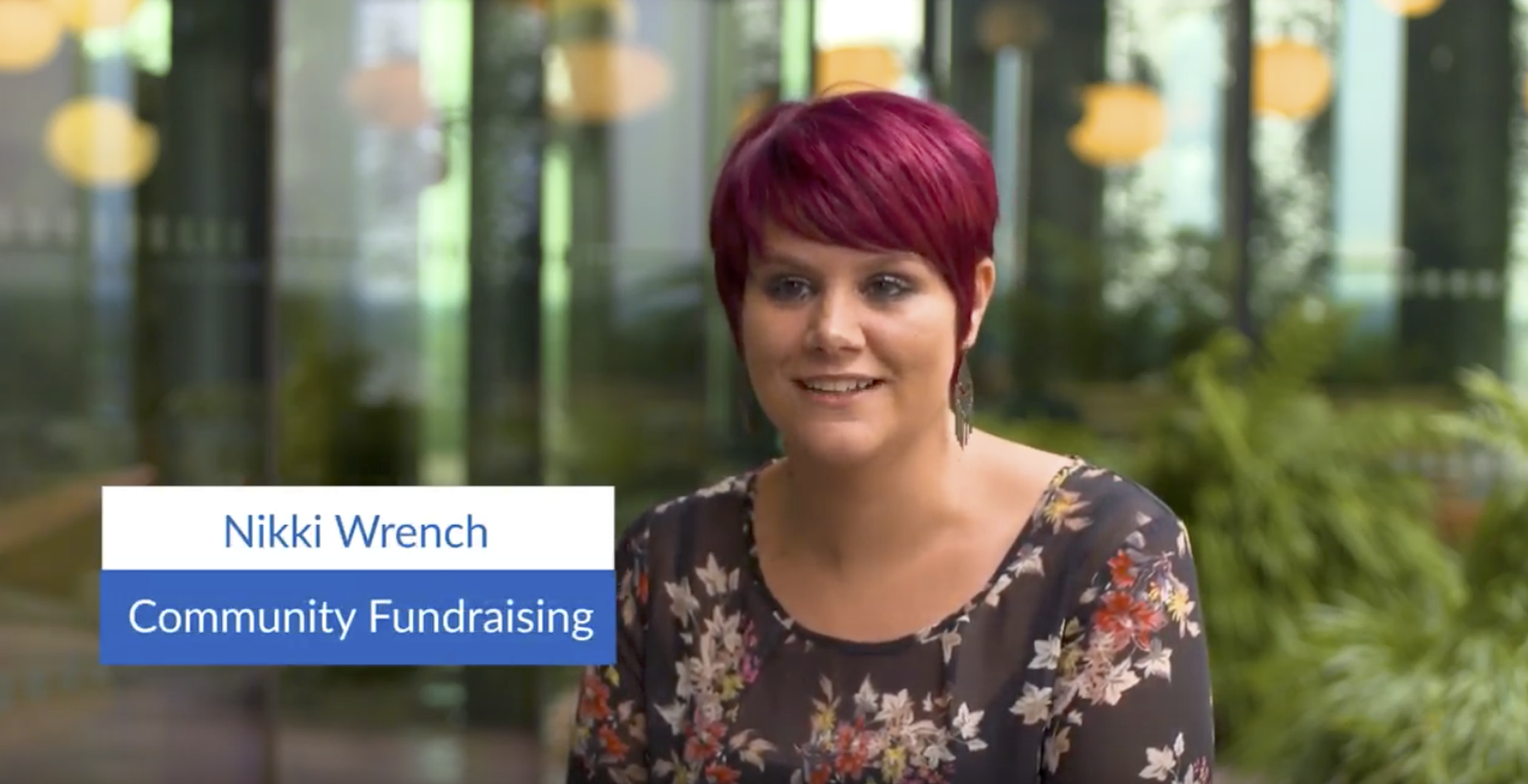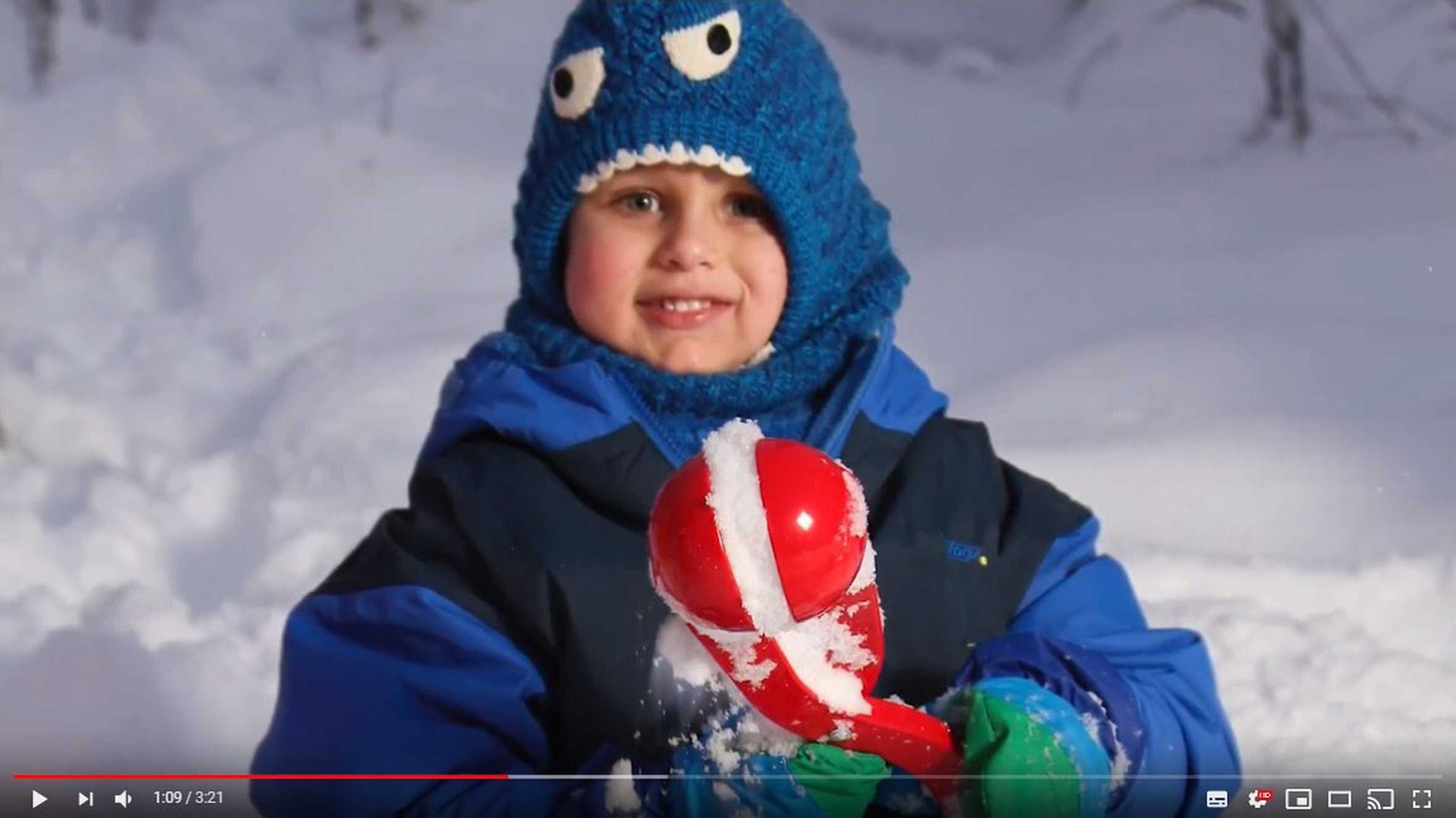TEXT WISH TO 70111 TO DONATE £3 A MONTH
How wishes help
The long-lasting impact of a wish
When a child is diagnosed with a critical illness, medical appointments take them away from their family, friends and daily routine. They endure pain and worry instead of enjoying a carefree time - ticking off milestones like riding a bike, having sleepovers and learning to swim. In short, their childhood comes to an end.
A wish empowers a child with choice, when so much else is decided for them; and gives them something positive to look forward to, enjoy and look back on during tough times. In doing so, it builds their resilience and provides precious time with their family to create memories they can all treasure forever.
How do we know? Here's what the experts say:
In 2018, Make-A-Wish UK commissioned research by Aston University to find out how a wish has a positive impact on children diagnosed with a life-threatening condition, as well as their families. The university interviewed a number of families and six key themes emerged which highlight how a wish helps.
Increased joy and happiness
Many families described feeling overcome with intensely positive, joyful emotions including happiness and excitement when hearing that their wish would be granted. The anticipation phase, during the build-up to the day or week of their wish, often had positive effects on a child’s emotional wellbeing. Wishes were described as creating an environment where the child and family felt special, creating memories to last a lifetime.
“This will stick with us for the rest of our lives; it wasn’t just a day trip out. This was an experience that wowed and amazed her and her brother and sister.”
Wish parent
“It felt like I was a celebrity.”
Wish child, aged eight
“We talk about it all the time. All the time!”
Wish parent
Broadening horizons
Families told us that the wish enabled them to aspire to more, getting involved in activities they might not have previously considered, such as going on a family holiday. Having a wish was described as life-changing by children and families as it encouraged them to reassess what would be possible in their future. Wish parents described the wish opening up a world of future possibilities, realising they were able to achieve more than they thought possible.
“She’s come back [from her wish] with such a positive outlook and it’s inspired her to think about being able to travel when she’s older.”
Wish parent
“It more or less changed our outlook on life. There’s more to life than working your fingers to the bone and not seeing each other. It [the wish] made us re-evaluate, that’s why I handed my notice in at work.”
Wish parent
“I think it [the wish] has made me notice more good things that can come out of my condition.”
Wish teen, 14
Building psychological resources
The research highlighted feelings of increased optimism, confidence and self-esteem in children as well as parents, following a wish, with more focus on what they CAN do and what is possible, rather than what they CANNOT do. Wish children described feeling more confident and having more courage following their wish, particularly regarding their health care.
“I definitely feel a lot more confident. Before we went I was thinking ‘No blood tests for me’ but now I think ‘Fine, that’s part of it.”
Wish child, aged eight
“[on the wish] We couldn’t bring the wheelchair in, but he wasn’t going to be carried, he walked. He walked up two flights of stairs and down two flights of stairs to get to his seat…he was determined, he was going to walk to that seat.”
Wish parent
“It’s given him a sense of independence. That he doesn’t need me or his dad there the whole time.”
Wish Mum
Distraction from illness and treatment
Families told us that the wish provided a welcome distraction and often motivated children to engage with their treatment. In difficult times, wishes provided a new focus and something to look forward to. After a wish, the happy, positive memories gave something to talk about rather than dwelling on their condition and treatment.
“At that moment in time, times were pretty tough. It [the wish] gave us something to keep going, something to look forward to, a light at the end of the tunnel.”
Wish parent
“Every day he struggles having his feed. He’s attached to a feeding pump for a couple of hours every day. Knowing that he has got the wish to look forward to can distract him for some period of the time. It really helps in that way.”
Wish parent
“Even now [my daughter] is still talking about it. She will talk about her favourite ride, meeting the princesses, even what she had for dessert that day”
Wish parent
Respite from worry
Families described feeling consumed by worry about their child’s condition and the challenges of caring for a child living with a critical illness. For many, having a wish granted was their first experience of handing over responsibility for any aspect of their child’s care to someone else. Wishgranters take on responsibility for planning and organising the child’s wish, allowing parents to concentrate on being parents.
“You always have so much worry, looking after a child with special needs. So, having the basic things taken care of, I can just be a mum, be a parent to these children, and have that worry taken away.”
Wish Mum
“To get that trip of a lifetime, with all expenses paid, it definitely means a lot because after a cancer diagnosis, things changed financially.”
Wish parent
Togetherness
Families valued spending quality time together while enjoying their child’s wish. Wishes were found to have a positive impact on parental and family relationships, bringing spouses and families closer together. They brought a sense of ‘normality’ for families. This quality time as a family was also viewed as important for siblings, as they often missed out on spending time with their parents.
“Families need bringing together, a reapplying of the social glue that you have, because when you’ve got a medical condition, it can be stretched somewhat.”
Wish parent
“When we were away [on the wish], I felt we were just a normal, ordinary family, just like everyone else.”
Wish parent
“When you have a child with additional needs a lot of the focus is on them, so it’s been great that the wish has been granted for us as a family. We can focus on enjoying time as a family and putting time aside to do quality things with our other son as well.”
Wish parent











